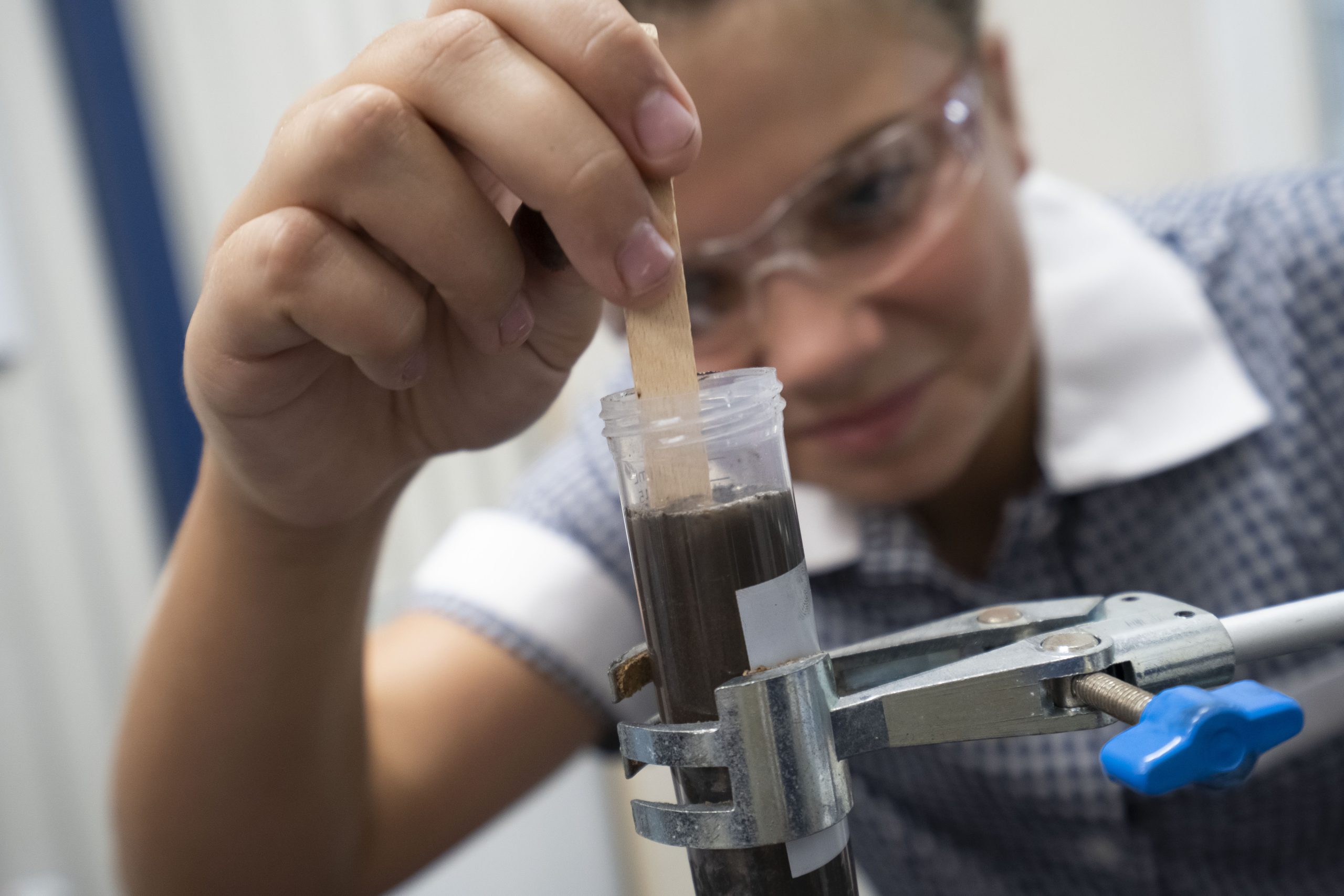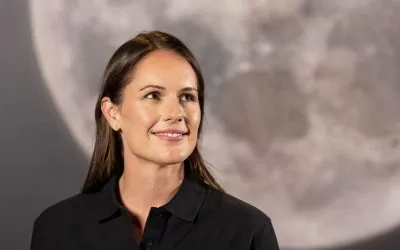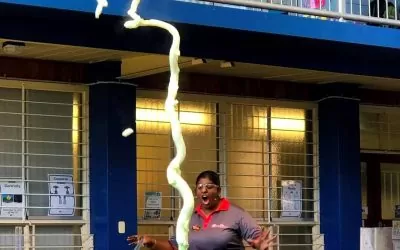Science classrooms are some of the most important spaces for student development. The skills learned in science class will carry over into each area of a student’s life and provide a great foundation for everything else they hope to achieve. Structuring lessons around developing these skills ensures you’re having the right impact. By equipping students with the knowledge they need to succeed, you’ll be preparing them for activities both in and out of the classroom.
The Core Science Skills Students Need
There’s plenty of things to learn in the science classroom, but the skills listed below are the foundations for everything else that is to come:
- Observation. Observing the world is the most basic science skill for students. Developing observation skills involves teaching students to use their senses to see the big picture and the fine details.
- Classification. Learning classification skills teaches students how to categorise the world around them. That could be as simple as identifying the number of legs a bug has, or it could be as complex as noting exact species of plants and animals.
- Measurement. Taking measurements is a fundamental science skill. In most cases it begins by teaching younger students how to use things like a ruler or beaker. As students get older they can learn more complex measurement skills using maths equations and advanced equipment.
- Prediction. At this point students begin to learn how to use previous experiments and observations to make new predictions. This skill requires students to develop their critical thinking, and it can be as simple as encouraging students to guess what will happen during an experiment.
- Controlling variables. Tracking and controlling variables is an advanced concept. One of the best ways to help students understand the idea is to discuss potential variables before beginning your experiment. Conduct the experiment and ask your students to record the outcome. Then, ask students to alter one variable at a time to find out how the outcome changes.
- Interpretation. It’s one thing to record the outcome of an experiment, but teaching students to interpret the results is harder. Encourage students to analyse their results and think hard about any patterns or trends they can identify.
- Communication. Teaching students to communicate their findings not only builds a skill, it can help them absorb and analyse the information they’ve collected. The important skill here is teaching students to clearly communicate using words, diagrams, graphs and other mediums.
- Drawing conclusions. Finally, students need to develop their ability to interpret information and draw their own conclusions. This skill can be difficult to develop in young students. This skill is developed by teaching students how to use their reasoning skills to turn an experiment’s results into meaningful conclusions. If students are struggling to understand their results, that can be a great opportunity for further research.
Teaching the Scientific Method
Encouraging students to develop their science skills isn’t just useful for science class! These skills will come in handy throughout their school and professional lives, and getting started early can make a big difference to their success.
One of the easiest ways to develop your students’ science skills is to teach them the scientific method. The scientific method requires students to think critically and engage their skills in real-world situations. For instance, a basic experiment might encourage young students to observe and classify the plant life around the school. A more complex experiment could ask older students to observe and record plant growth while controlling for elements like light and watering cycles. The real aim here is to teach the scientific method and help students build their general science skills.
How to Develop Science Skills in Students
The best way to develop students’ science skills is through hands-on experiments, activities and projects. Hands-on learning helps students to develop and apply their science skills in more meaningful ways than purely theoretical lessons. Getting hands-on is also fun, which is known to improve comprehension, retention and recall. Put these things together and your hands-on experiments are helping students learn vital science skills they can use to achieve greater outcomes throughout their lives!
The list of skills above is arranged from easiest to hardest to teach. Skills at the top of the list are better suited for younger students and can be taught through simple activities and experiments. As students gain confidence and master their new skills, you can proceed down the list and introduce activities that engage more than one skill at a time. The goal is to equip your students with science skills they can call upon at any time to solve problems at school, at work and in their lives!
Teach Your Students the Skills They Need with a Science Incursion from Street Science!
Encouraging students to develop their science skills will pay off, not just in science class, but throughout their schooling and professional lives! The best way to make your lessons stick is to provide regular opportunities for students to apply their skills with ENGAGING and FUN experiments. If you’re stuck for ideas then Street Science would love to help! The Street Science team are experienced science communicators that love delivering shows, experiments and science incursions for students of all ages. We use a unique blend of humour, scientific explanations and hands-on experiments to get students involved and develop their core science skills. If you’d like to find out more about our science incursions then feel free to get in touch at any time!




